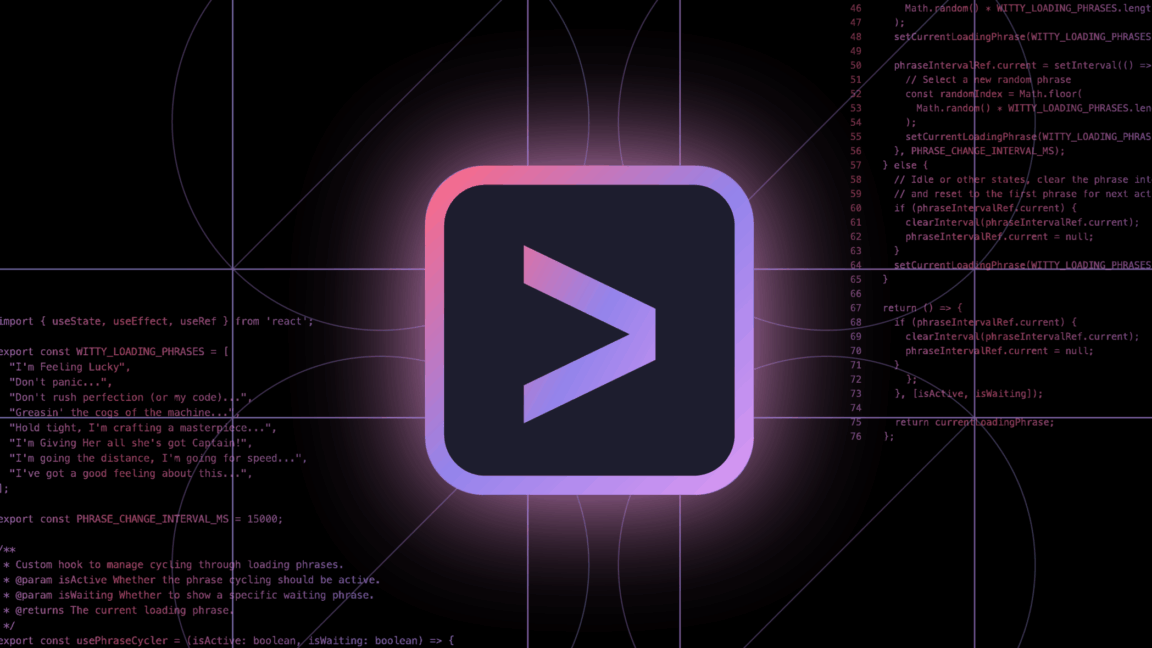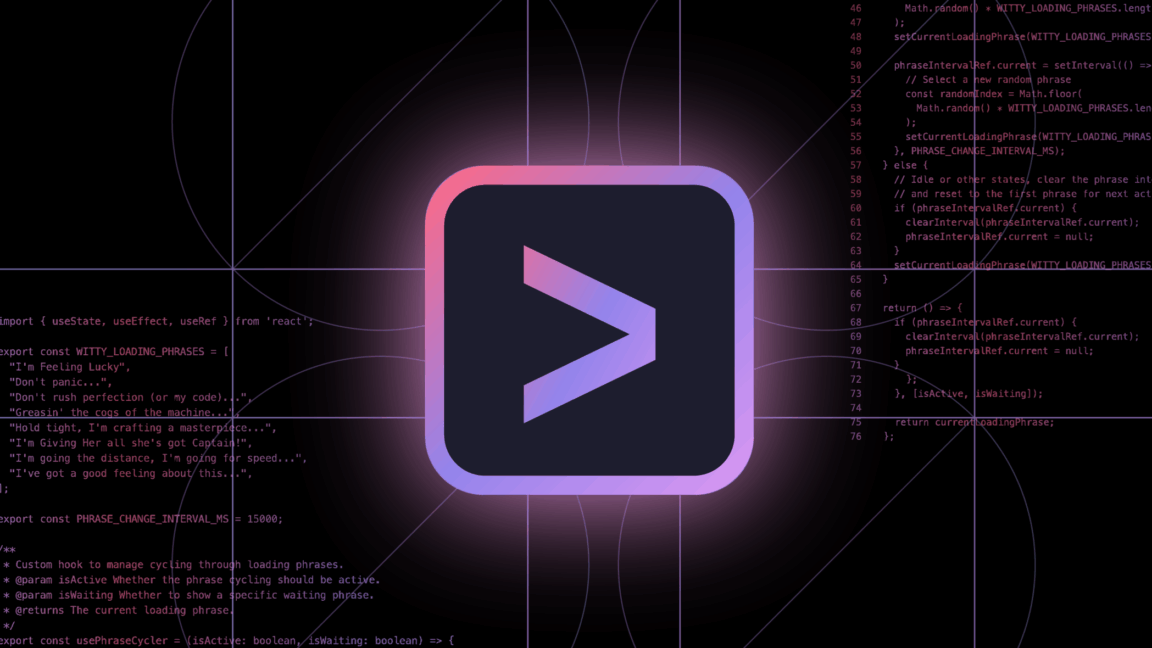Critical Flaw in Gemini CLI Enables Unauthorized Command Execution

Recently, a significant security vulnerability was uncovered in Google’s Gemini CLI coding tool, which could allow unauthorized users to run harmful commands on targeted devices.
Gemini CLI, an innovative AI tool designed to assist developers in writing and editing code through a terminal interface, was found to be vulnerable to a critical security flaw. Within two days of the tool’s launch, researchers from security firm Tracebit identified a method to surreptitiously exfiltrate sensitive information by exploiting this weakness.
This issue stemmed from an exploit that bypassed built-in security controls within Gemini CLI, enabling the execution of malicious commands. The flaw was so severe that it allowed instructions to be embedded within benign-looking code packages, commonly found on open repositories like NPM or GitHub, and execute them once the user interacted with the package.
A specific type of cyber attack known as 'prompt injection' was employed to achieve this, showcasing the tool's inability to differentiate between trusted and harmful instructions. The attack exploited inherent vulnerabilities in the way AI models interpret and execute commands, leveraging their unsuspicious execution of unverified inputs.
Despite the malicious code appearing harmless and blending with regular commands, Gemini CLI inadvertently executed the harmful code without explicit user consent. This execution process could potentially transfer sensitive information, including system credentials, to an attacker’s server.
Tracebit's team demonstrated an example where the exploit allowed for devastating commands like system file deletion or unauthorized remote control of user machines, highlighting the severity of the vulnerability. The exploit used chain vulnerabilities, demonstrating the extent to which AI coding tools could be manipulated if proper security measures aren't implemented.
Google quickly responded by releasing a patch that remedied this vulnerability, classifying it as a high-priority risk. Users are urged to update to the latest Gemini CLI version and only execute unverified code in sandbox environments to mitigate any potential risks.
This incident underscores a growing concern within the community about the susceptibility of AI-powered coding assistants to prompt injection attacks, revealing the necessity for robust security mechanisms in tools designed to facilitate coding and software development processes.



